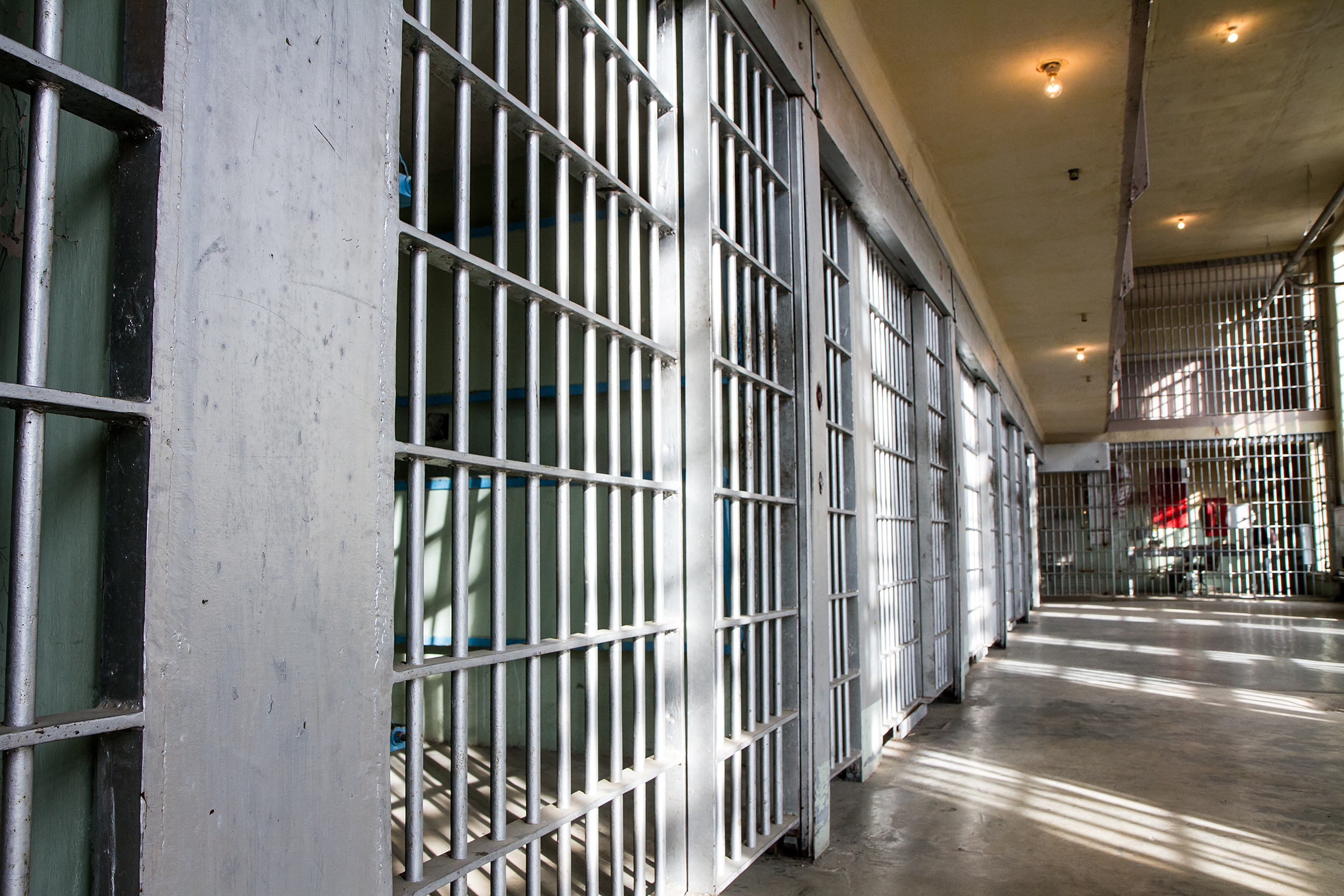
From Philanthropy to Solidarity: Diverse Expressions of Prisoner Advocacy and Support
Introduction As soon as the modern prison was established, concerns about the treatment of prisoners were expressed from many quarters. With a focus on Irish prisons and prisoners, this essay examines some of the people and organisations involved who conveyed compassion for the plight of prisoners, advocated for improved prison conditions, and supported penal reform.… Read more »










